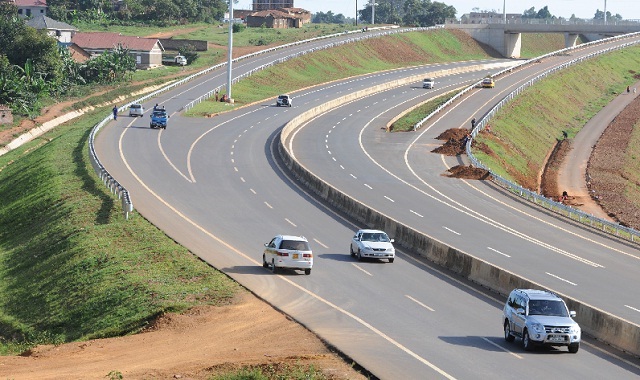
Kampala, Uganda | THE INDEPENDENT | The National Economy committee of Parliament has asked the government to scale down debt contracting to only projects that have high economic and financial returns, and target cheaper concessional loans to finance investments.
According to the committee, as the country’s external debt position faces significant risks, non-concession and expensive loans from countries like China will lead to a moderate risk rating of debt distress. This is contained in the report of the committee on the state of indebtedness, grants and guarantees.
China is the largest creditor to Uganda disbursing 39 percent of the total credit in the financial year 2017/2018, surpassing the traditional creditors such as the World Bank (21 percent) and the African Development Bank (8 percent).
Committee Chairperson Hajjati Syda Bbumba says that although China’s presence as a lender in Africa has provided an alternative to the traditional donors, the rate of disbursements increases the country’s debt exposures much faster.
“Both China and new entrants like the Eastern and Southern African Trade and Development Bank (PTA) and UK Export Finance (UKEF) are providing non-concessional finance to Uganda, exposing the country to more expensive credit than the previous concessional finance from the World Bank,” she says.
Bbumba adds that the Committee is concerned with the high debt accumulation rate in the short and medium-term and recommended that debt contracting by the government should be scaled down to only projects that have a high economic and financial return in the medium term and target cheaper loans to finance the investment plan.
Bbumba says that in order to limit the impact of the ever-increasing external debt service, the government should improve tax administration to increase revenue collection, while at the same time lower costs of production to promote private sector development.
In general, the committee says Uganda remains at low risk of debt distress with both domestic and external public and publicly guaranteed debt found to be sustainable over the medium and long term.
Kiboga East MP Dr Keefa Kiwanuka cautions that Uganda should be careful not to end up in the pockets of the Chinese through unsustainable loans. He advises that the government rethinks its strategy on borrowing.
The committee has called on Government to increase transparency in the procurement process, during the contraction of Chinese loans as a means to ensure efficiency. Bbumba in her report says this will improve efficiency in the implementation of the public investments in the energy, works and transport sectors, and improve public debt sustainability through favourable growth spillovers, as long as the baseline debt course is sustainable.
Dr Ezra Munyambonera of the Economic Policy Research Centre (EPRC) says non-concessional loans are very expensive in terms of payment, while concessional loans have an element of grants in them. He says Ugandans debt levels could head to unsustainable.
“We have to lessen up external borrowing because we are reaching levels of unsustainability, we need to raise revenue, and the government should invest more in expand its tax base. He says even when it comes to developing infrastructure, we should use our money” Munyambonera says.
He says the issue at hand is managing the debt and increase the domestic collection to manage the countries budget.
*****
URN
 The Independent Uganda: You get the Truth we Pay the Price
The Independent Uganda: You get the Truth we Pay the Price



